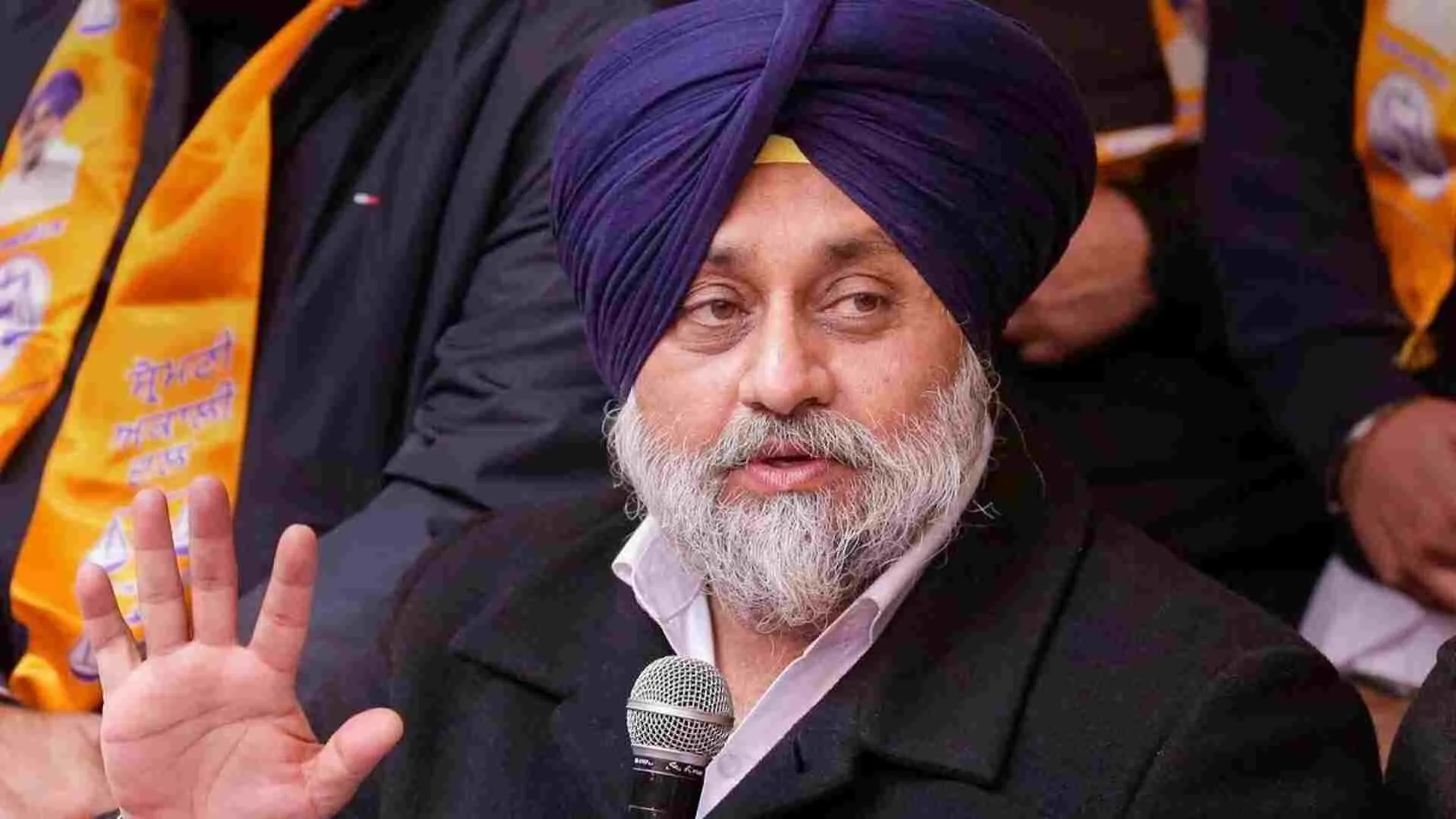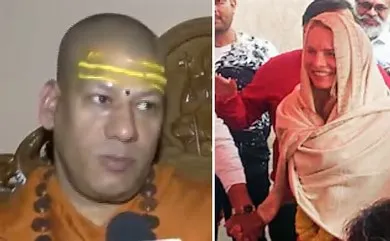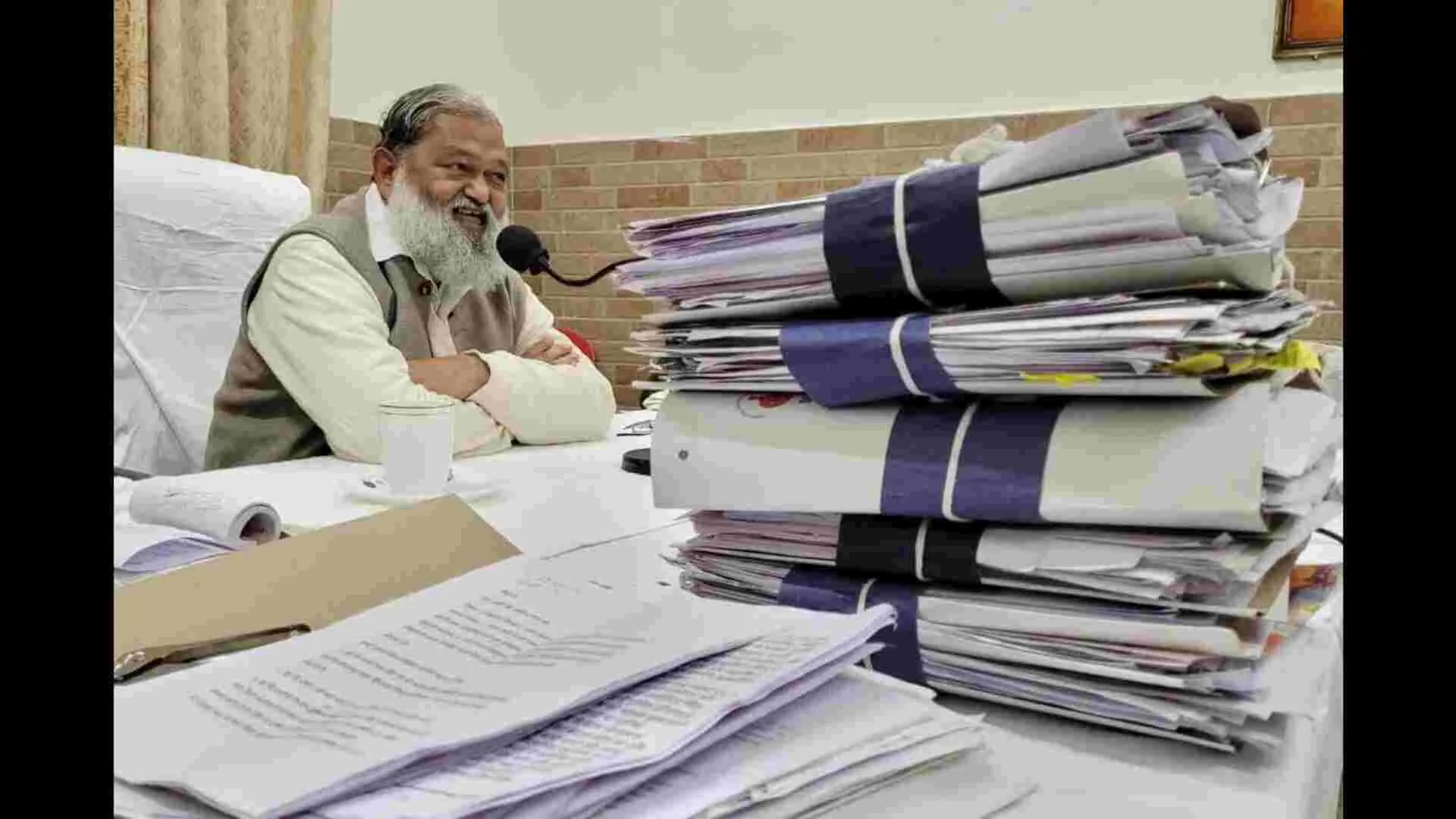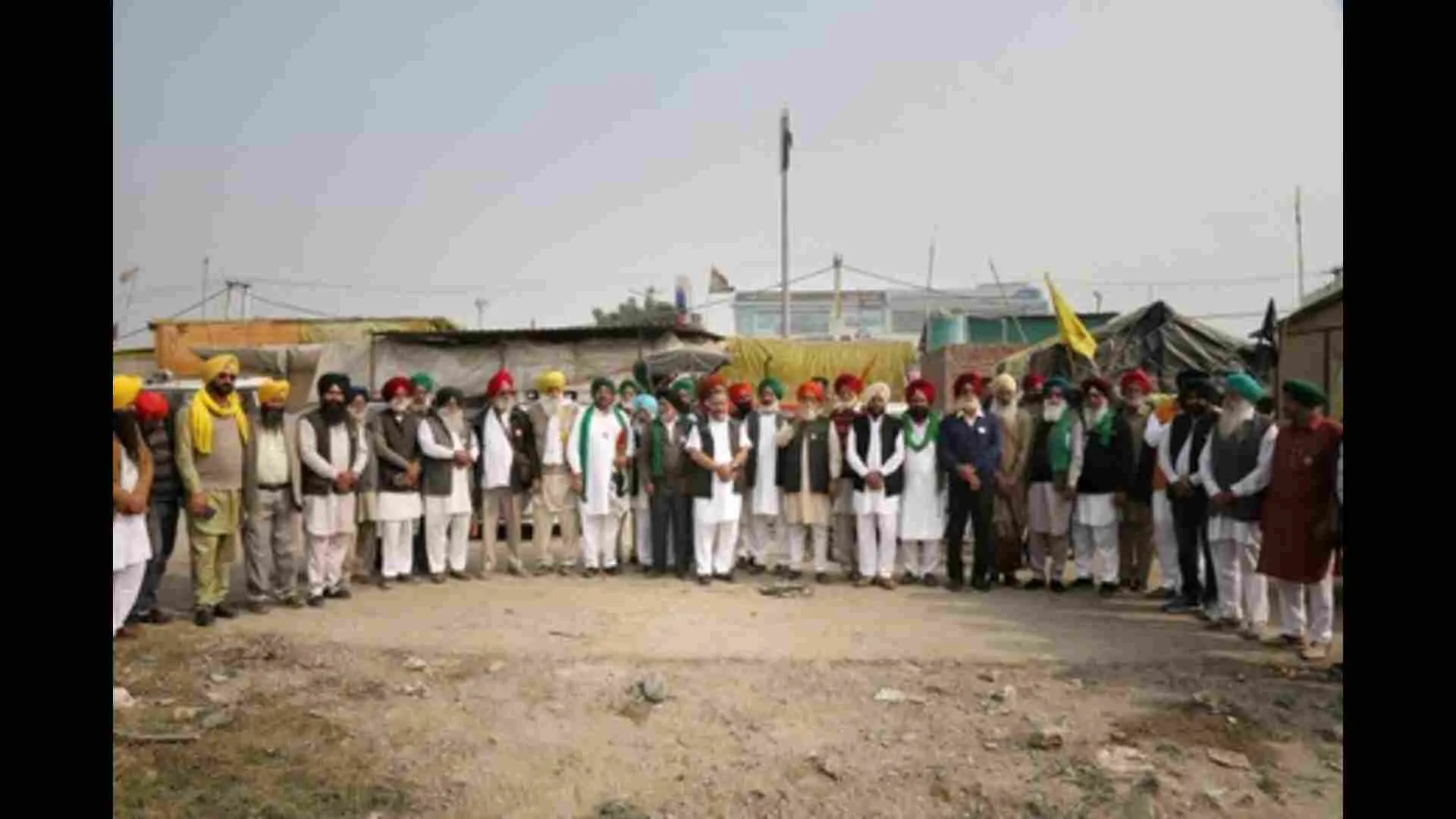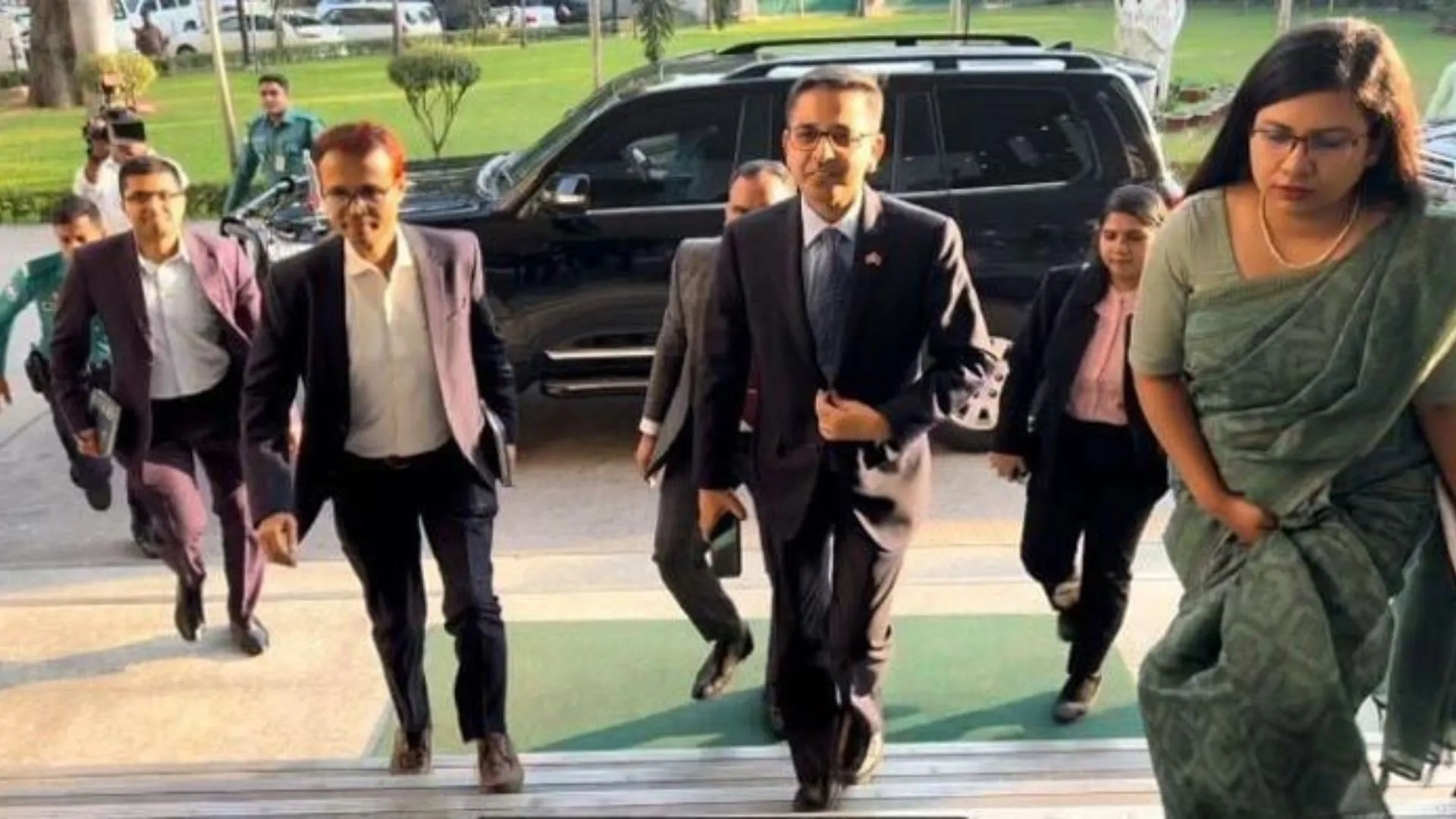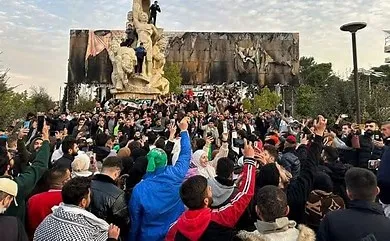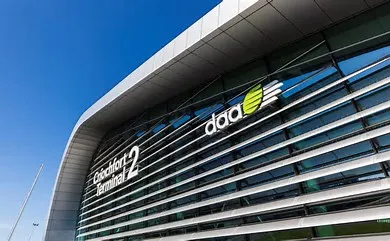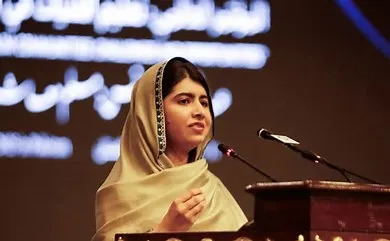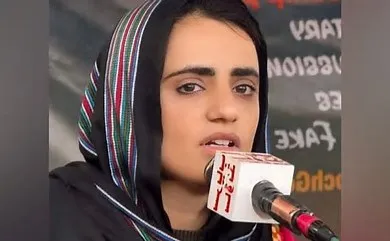Social entrepreneur Sanjay Rai Sherpuriya recently joined NewsX for an exclusive conversation as part of NewsX India A-List. In the interview, he spoke in detail about his journey till now, Lakdi Bank, its volunteer base and how he has helped the community over the years.
Reflecting upon his journey till now, Sherpuriya said, “India is our country and it is our responsibility to make our country a global hub for job seekers. It will be global hub for food sustainability. There was a time when my parents did not have funds to feed us and they had no money to pay for my school fees as well. From the Prime Minister’s Rozgar Yojana, which provided Rs 1 lakh in early 1990s, to a position today where I am handling a billion-dollar business, it has been a long journey. I have almost 62 years’ working experience, I wish to contribute to my society because India is a country of the young people and lots of rural people are educated, but they don’t know how to do their own business, how to start their own businesses. I spent almost six to seven years to understand the rural economy, which was the vision of Mahatma Gandhi. We are known as an agro-based economy, but the fact is we were contributing only 14% to the GDP when we started our research and gradually it has grown up to 16% this year. There is ample scope to support our farmers.”
Speaking about the Lakdi Bank and its functioning, he said, “When I saw the dead bodies of people floating in the Ganges because people did not have money to do the last rites, I felt that along with the wood of the gas fire, we should also worry about the wood of the pyre. Through this electronic media, we got to see so many dead bodies floating in the Ganges. I believe that Ganga is our mother and in India, Ganga has a sentimental value. I thought to myself, ‘What is my responsibility?’ The day I saw this in the newspaper and media, I visited all the Ganga berths from Varanasi to Bihar end the very next day. Everyday, bodies were being brought due to deaths from Covid and people were emotionally, mentally and financially drained out. Being a businessman, my experience is that the bank is that product where anybody can deposit money and anybody can borrow. That is why I have put this name as a Lakdi Bank. A lot of donors have donated to us. We give those funds to the respective people, who want to use it for rituals as a Hindu. After that so many Muslim people came and said, ‘Why are you only working for the Hindus? I am here to help everyone. We also work on the kafan point of view, which is emotional. I believe that it is the duty of everyone who lives in India.”
Asked about the hurdles that he faced, Sanjay Rai Sherpuriya said, “I am a positive thinker. I always talk positive, believe positive and speak positive things. When we go to change, it is sentimental for people who live on the banks of Ganges. Their rituals are that they throw the bodies in the Ganges and not burn it. That was a big challenge for us. From our foundation, I requested the Government of Uttar Pradesh and immediately got a quick response from the local administration. The DM, the SP, they supported us immediately and provided us the security when we told people that no you can’t throw the respective bodies to the Ganges. There is a Lakdi Bank available and you use your rites respectfully and honour the rites and rituals. Of course, that took a huge time and huge energy.”
Furthermore, talking about the enterprise of centre of excellence, he said, “Basically, in the rural part, the quality of education is not up to the mark as in urban areas. If anybody comes from any part of the village, they visualise that their next life is in metro cities like Delhi, Mumbai, Kolkata, Madras. People who leave their home and come to the city, then start struggling almost for 10-20 years. They struggle in the urban areas. For the rural people, it is bit difficult to adjust in the urban part also because of the change in lifestyle, difference in urban and rural ways of life, the quality of education and the job. One big thing that I would like to share from your platform is that the people of partially Uttar Pradesh, partially of Bihar, even Madhya Pradesh and Bengal, after their studies, they want that they should get a government job and this is a big challenge for any government, be it any state government or central government. It is not possible to provide government jobs to each and every student or any unemployed people. They should know that the honourable Prime Minister is here and has called to the nation to create an Atmanirbhar Bharat. We should think that we should create jobs locally. Through that, we can create the revenue and from that we change our lives to prosperity side. My vision is that lots of local jobs are available. With the help of technology, we did a survey and create a dashboard. I am going to penetrate the GDP of a district and going to change something. The GDP means the national GDP and I talking about District GDP, where the raw material will be consumed locally, the production will be local, the buyer will be local, the supplier will be local. Through that, a lot of employment can be generated. For that, we developed a centre of excellence in 30 acres of land. It has four verticals—one is agriculture means not convention agriculture, it is diversified agriculture. I’ll give one example. As of now in Ghazipur, tomato per kg is Rs 40 because they are not producing it. When they produce in the month of February or March, the tomatoes cost Rs 10 or Rs 5. So, who is producing these tomatoes as of now? It is a technology-based poly house-based greenhouse-based tomato. My vision is to connect with the youth who are educated, who want to contribute to their family; they will come here and we will teach them about diversified agriculture. We will teach them cluster-based agriculture and we will teach them need-based agriculture.”


